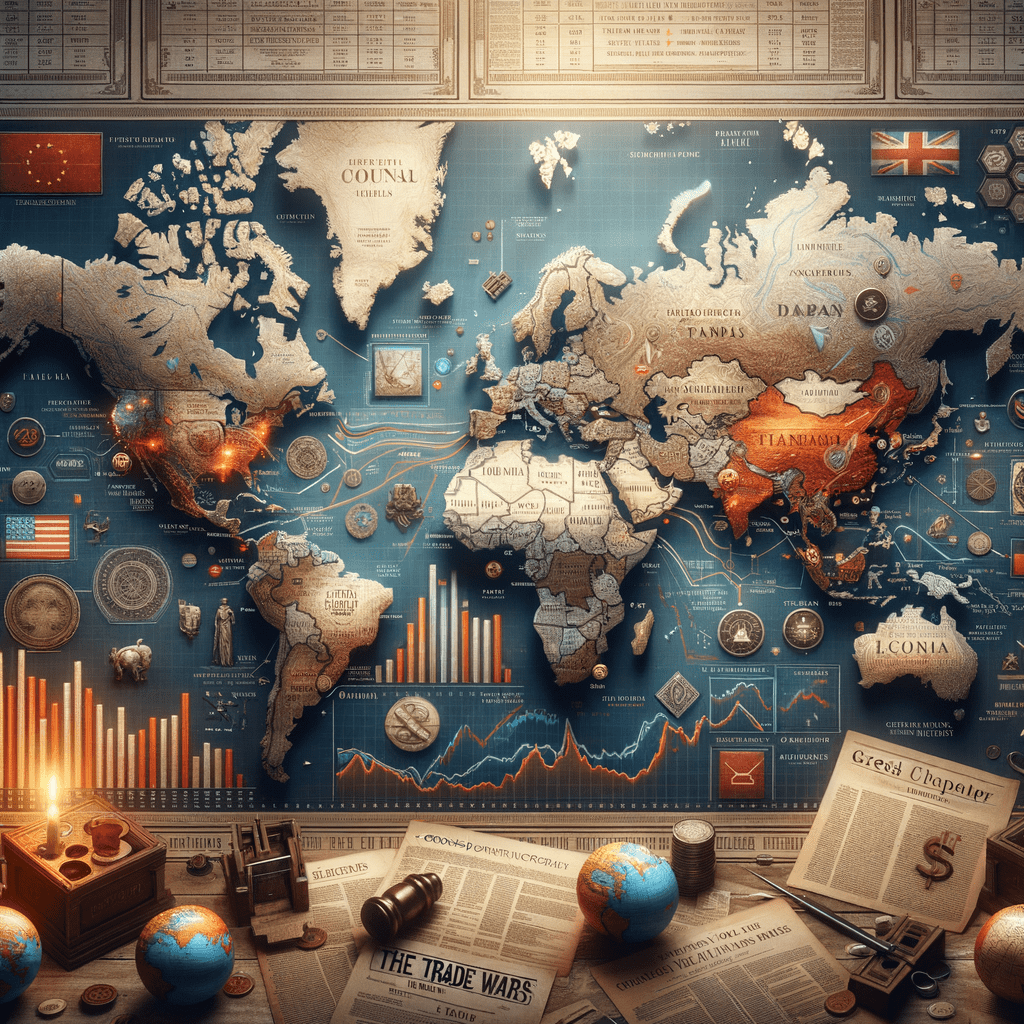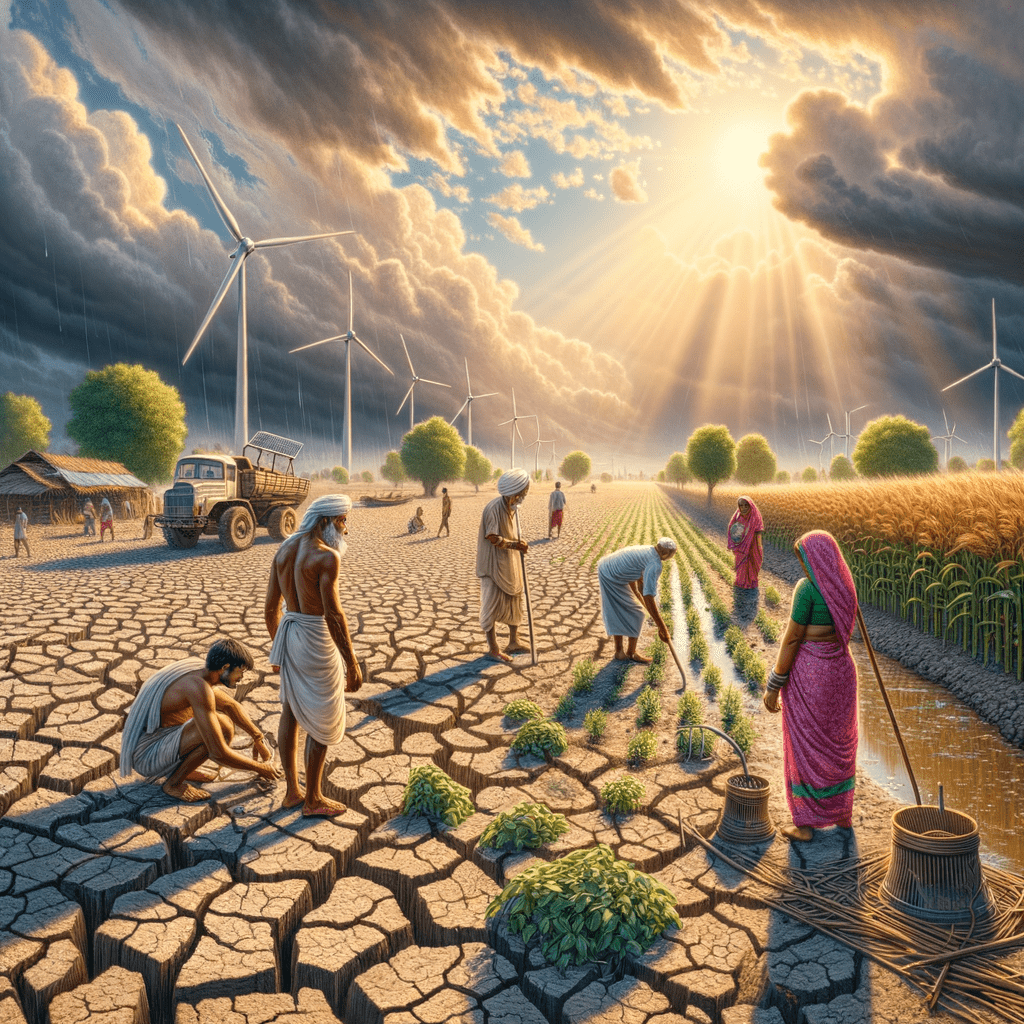Alright folks, this is my take on the whole shebang with international organizations. Honestly, I see them as the quiet heroes in the epic saga of the world’s economy. Imagine them in the background, with their mind-numbing jargon and endless meetings, pulling strings in ways we wouldn’t believe. Isn’t it wild to think that what’s decided around those polished tables can impact everything from New York skyscrapers to tiny European villages? Buckle up, because we’re diving deep into this labyrinth.
The Quiet Architects of Trade
So, here’s a fun twist. Whenever you think of people running the economy, those billionaire whiz-kids or the big-name CEOs probably pop into your head. Surprise! It’s not just them. Meet the World Trade Organization (WTO), where things seem less glitzy but seriously impactful. They’re like that umpire in a nerve-racking baseball game, making sure everyone plays fair. My fascination with the WTO hit its peak when I realized what a huge role they play in global trade. Their thick book of rules might be a bit of a headache, but without them, it’d be straight-up pandemonium!
There’s something magical, almost Shakespearean, about how the WTO smooths trade barriers. It’s like they’re playing matchmaker for countries, getting them to swap goods without a hitch. Not saying they’re flawless (ha! who is?), but hey, they’re tirelessly working so everyone gets a piece of the trade pie. And that’s worth a cheer, right?
A Balancing Act: The IMF and World Bank
Ah, the IMF and the World Bank. These two are like the mysterious relatives you don’t see often, yet you know they matter. The importance of their roles in shaping economies? Massive understatement. They’re constantly weighing scales, making tricky decisions like tightrope acrobats avoiding a tumble.
The IMF has this role where it sort of swoops in when economies are in distress, offering help and guidance like a good friend who’s there for you during a rough patch. Sure, sometimes they suggest those ‘bitter pill’ austerity measures which aren’t exactly a party, but they mean to stabilize things and stop financial meltdowns. Despite the occasional grousing, they save a lot of nations from financial turmoil.
Then we have the World Bank — crusading against poverty, boosting living standards. Their mission kind of gives you the warm-fuzzies. Watching them fund projects like building roads or bringing clean water to places crying out for it, there’s a lot of hope. While not every project hits a bullseye, who could deny the noble intent?
A Human Touch: United Nations and Beyond
Now, let’s chat about the big kahuna: The United Nations. What might seem like a forum for grandiose speeches and dramatic flag-waving actually has a profound impact on the world economy. Their job isn’t always glamorous but advocating for sustainable growth that respects both humanity and the earth? Super important.
The UN feels a bit like that earnest friend always calling out your nonsense, reminding us economics is about people, and not just numbers. Convincing nations to collaborate is tough, like herding cats, yet their persistence shows that empathy does play a role in economic talks. The Sustainable Development Goals (SDGs) they champion are more than just words on paper. They’re a real plan for a brighter future. Talking about gender equality or climate change isn’t just trendy, it’s utterly human. Don’t you think so?
The Underestimated Power of the EU
Some organizations are like that dependable morning coffee — steady with just the right punch. Enter the European Union (EU). It may sound mundane with all its complex rules, but it’s conducting an economic orchestra of sorts. Connecting multiple nations into a single market is a mammoth task, dance on the edge between ambition and fragility.
The EU succeeds in crafting this interconnected market, simplifying trade, merging policies—it’s a masterclass in diplomacy. Negotiating unity and national sovereignty is no easy feat, but they do it daily. Their global reach and influence are remarkable, though often underrated. While not without its slip-ups, the collaboration they’ve fostered is quite the achievement, if you ask me.
Are We Missing Something?
Alright, so let’s address the elephant in the room. These organizations face tons of criticism. Bias, inefficiencies, shadowy dealings—name it. Sometimes they seem like dark figures in a corridor while everything outside is ablaze. It’s utterly exasperating to witness.
But is this uproar simply a nod to how complex global governance is? Sure, they’re by no means perfect, but together they’re chipping away at something considerable. These organizations aren’t static. They change, they adapt, they progress. While at times clunky and ineffective, behind those reports are passionate individuals trying to tune the global orchestra.
The Emotional Undertones
Here’s the clincher — beneath the steel facade of these organizations lies a heartbeat. They’re like a quilt sewn from countless human experiences, full of tales of success, glitches, spunk, and endurance.
I get a kick thinking about the diverse worldviews clashing and merging in boardrooms, about those debates where moral stakes flirt with financial needs. From my chats with some folks recently, you could feel their optimism. It was electric. That says something about how the international economic scene, no matter how scary, feeds off our shared resilience. That’s the glue, more than any rulebook could offer.
Endgame: Steering Towards the Future
Wrapping up these scattered thoughts on international organizations, one word keeps popping up — hope. Despite not having all solutions at hand, their very existence is proof of our drive to bring order to chaos.
Looking ahead, the aim isn’t perfecting the world overnight but making small steps forward. As we knit our world tighter together, the need for structured support grows. I can’t help but cheer these organizations on to stay nimble, to think outside the box, and keep humanity front and center in economic equations.
So yeah, here’s to these unsung heroes quietly guiding our economic choreography. It’s messy, it’s convoluted, but it’s as real as it gets. Beautifully flawed and, most importantly, undeniably human.




